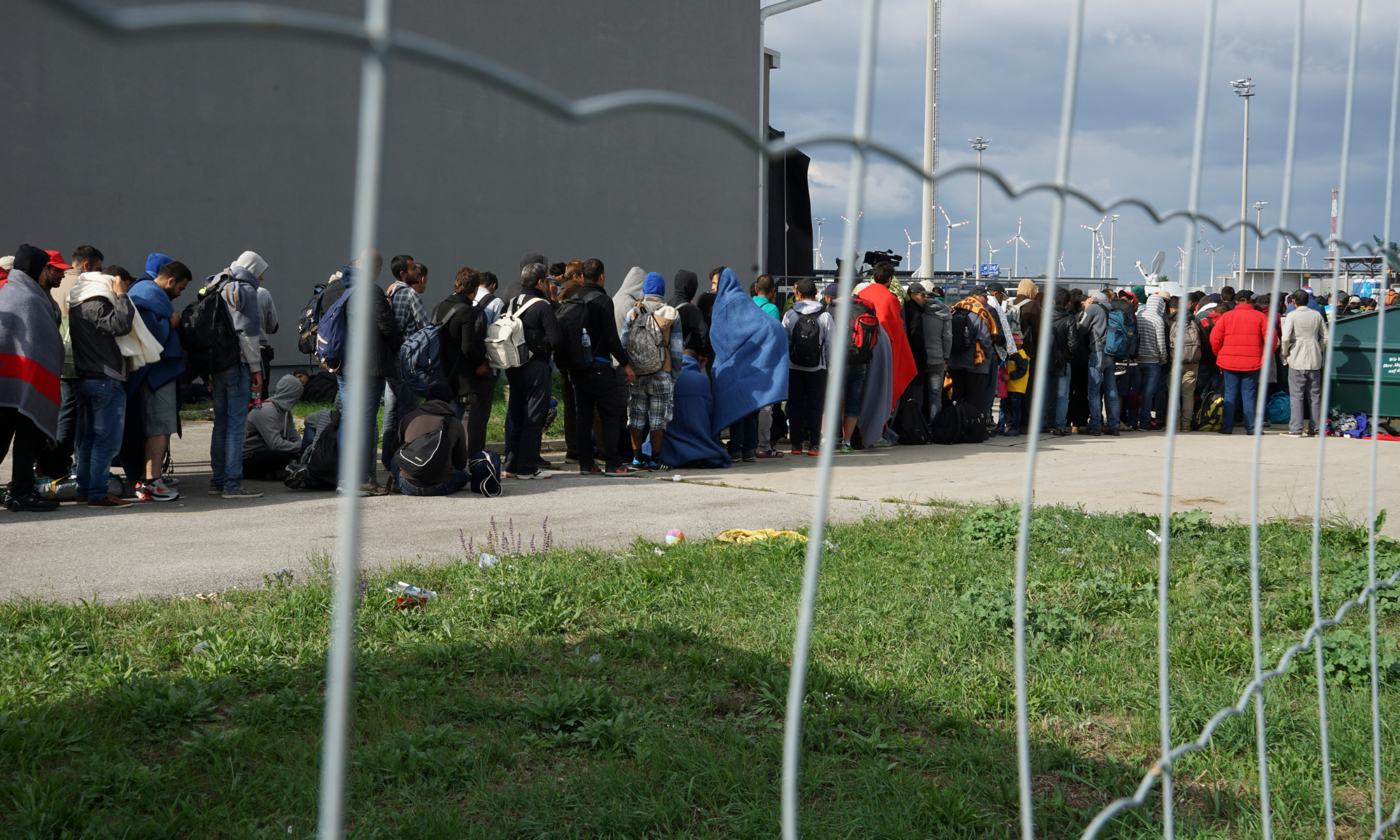
Eca Sancakdar
How a Tarkan drag act made me question toxic masculinity as a trans person
Turkish pop-star Tarkan has helped Yas embrace their queerness, transness and Turkishness all at the same time.
Yas Necati and DiyoraShadijanova
20 Apr 2021
The first time I wore eyeliner was the first time I performed as a man. So toxic was my relationship with femininity at the time that I decided to use face paint instead of actual eyeliner. Trying to keep the brush steady with shaking hands, I inevitably poked myself in the eye. What brought me to this ridiculous situation? Turkey’s biggest popstar: Tarkan.
In my late teens, struggling to sit comfortably at the intersection of queerness, transness and Turkishness, I never could have predicted that I just needed a bit of help from a popstar. Tarkan isn’t exactly the first person you’d expect to be an icon for a young queer, but it’s also not so surprising that he was. In the early 2000s his privacy was violated by the Turkish media, who used a long lens camera to take a picture of him and another man close to kissing. Since then he has always denied that he’s queer. Despite this leaked photograph, he has consistently been one of the biggest players in Turkish pop music, treasured by my conservative grandparents and many other supporters of president Recep Tayyip Erdoğan, who has targeted LGBTIA+ individuals in the country.
In summer 2019, Tarkan visited London and performed in a dazzling diamante jacket to a packed out Eventim Apollo full of Turkish fans (including me and my queer family). There’s no denying his femme energy. As the Turkish government continues to imprison queer and trans people for peaceful protest, Tarkan is as popular as ever, a symbol of the many confusions and contradictions of Turkey’s relationship with queerness and gender.
The first time I performed as drag king Tarkan was in a basement at east London queer venue The Glory, at a night called ‘Turkish Delight’. I had grown up dancing to Tarkan’s music with my mum in the kitchen. Years later she would gasp and ask me to wipe my beard off when I turned up to my parents’ home in drag. But for that first performance, Tarkan was the easiest way to embrace the culture I had grown with.
“Toxic masculinity is an awful thing. We talk a lot about how it impacts cis men and boys, but very rarely about the grip it has on transmasc people”
It’s not that my transness, queerness and Turkishness hadn’t coexisted before – they have always been entwined for me. But it was the first time I could embrace all parts of my identity at once. And alongside the euphoria I felt in that moment, there was another revelation. I had to urgently fix my relationship with femininity if I wanted to perform Tarkan better, and if I wanted to come closer to myself. In my bid to appear more masc to cis folk, I had rejected femininity for most of my life. This rejection was preventing me from being honest with myself about who I was, and there was a lot of internalised femmephobia there too – I owed it to myself and to the femmes in my life to challenge this.
Toxic masculinity is an awful thing. We talk a lot about how it impacts cis men and boys, but very rarely about the grip it has on trans masc people. We too exist under a system that promotes unhealthy masculinity, and our behaviours towards ourselves and others are fed by these narratives about masculinity. Sometimes, to “pass”, we act masculinity to the extreme. I’ve known more than one trans masc who has spoken about women in disrespectful and laddish ways in a bid to just seem like “one of the guys”. I’ve done this too and I’m not proud of it. A few years ago, I got into a debate with a partner who felt that non binary people couldn’t be toxically masculine. She argued that any masculinity existing outside of manhood was automatically a challenge to and subversion of those things that were toxic. I’m not so sure.
“The list of absurd things I did to appear more masculine is endless”
When I was a child and a teenager, embarrassingly enough, I would never carry a tote bag because I thought that a bag over one shoulder would make me appear “too femme”. The list of absurd things I did to appear more masculine is endless. From not wearing dangly earrings to injuring myself carrying things that were much too heavy, I performed masculinity to extremes to try to steer passersby away from perceiving me as the gender I was assigned at birth. It felt toxic. It felt like internalised misogyny and toxic masculinity rolled into one. There aren’t any better terms in our current language for this particular thing that we as trans masc people experience.
I’d never worn make-up in my life before I performed Tarkan. I was resistant to how others would perceive me if I did, so I bought some face paint and drew on his goatee and moustache and eyeliner. I may have been wearing a beard, but I felt the most feminine I ever had done – and it felt good. Toxic masculinity makes us inflexible, quite literally – I struggled to shake my hips like Tarkan. As I’ve loosened my body I’m trying to make the way I think about gender more flexible too. Why have fears about being perceived as cis stopped me from exploring my own gender, on my own terms? How can I rectify that?
“Toxic masculinity makes us inflexible, quite literally – I struggled to shake my hips like Tarkan”
In the seductive acoustic version of ‘Kuzu kuzu’, Tarkan sits in a caravan smouldering at the camera and slowly biting into an apple. In the non-acoustic video he fiercely shakes his hips. In one of his earliest videos, ‘Kimdi’, he is seen admiring Marilyn Monroe and in ‘Şeytan azapta’ you would be forgiven for mistaking him for George Michael. Later in ‘Dudu’, he wears the most beautiful pink velvet shirt. In his music videos, Tarkan comes across as cocky, confident, charming and shameless in his femininity and his clear subversion of Turkish gender ideals.
When I stepped on stage as Tarkan for the first time, I stepped into this energy, and he gave me a sense of pride I hadn’t felt anywhere in a long time. A few years into my drag king journey, my sister gave me some of her old make-up and I’ve been trying lots of things since. Toxic masculinity still runs through me, I’m sure. But I have to stop asking myself what it expects of me. I wonder how I would dress/act/present if I wasn’t trying to communicate anything about my gender through these choices. And this is what I’m trying to move towards. Tarkan is a representation of contradictions and cohesions, and so am I.









